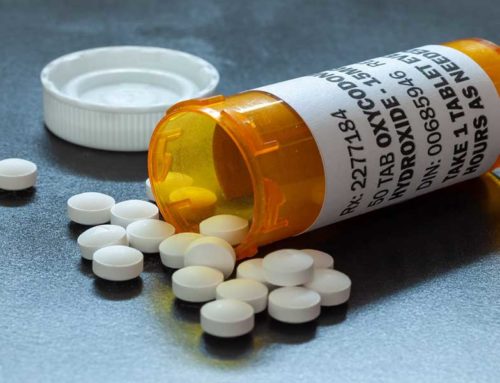The European Medicines Agency (EMA) has announced significant new guidelines concerning the use of Xeljanz (tofacitinib). Concerns about blood clots in the lungs prompted the May 17, 2019 notice. According to the agency, doctors should not prescribe the twice daily 10 mg dose to patients who:
- have a history of blood clots
- have a history of clotting disorders
- have had heart failure
- have had cancer
- are taking combined hormonal contraceptives
- are undergoing hormone replacement therapy
Xeljanz patients have an increased risk of blood clots in the lungs, or pulmonary embolism, according to an ongoing study. Complications involving pulmonary embolism have been found, along with some cases of death. After the study concludes, the EMA plans to review all available evidence and provide updated guidance as needed.
Pfizer manufactures Xeljanz and Xeljanz XR. These medications are used to treat adults with rheumatoid arthritis, psoriatic arthritis, and ulcerative colitis.
In addition to pulmonary embolism (PE), Xeljanz patients may experience deep vein thrombosis (DVT). DVT is a blood clot that occurs in the deep veins of the body, often in the legs. Some patients have died as a result of DVT and PE.
There are numerous symptoms of DVT. Among them are:
- Swelling and discoloration in the affected leg
- Leg pain which resembles a cramp
- A warm sensation in the area affected
PE symptoms include:
- Sudden difficulty breathing
- Shortness of breath
- Severe sweating
- Back pain
- Chest pain
- Coughing up blood
- Bluish or clammy skin
You should contact a medical professional immediately if you experience any of these symptoms. But be careful with how you handle the medication. It is not suggested to change your dosage or discontinue Xeljanz without first consulting a physician. This could cause further damage or complications. Be sure to follow any doctor recommendations concerning the medication or further treatment of any medical conditions.
The U.S. Food and Drug Administration approved Xeljanz in 2012 for adults with moderate to severe rheumatoid arthritis. But the FDA only approved a 5 mg dosage. Many patients take twice as much, however the 10 mg dosage was only approved for those diagnosed with ulcerative colitis.
To maintain oversight of Xeljanz, the FDA required a post-marketing study following its approval of the drug. Those patients taking a higher dosage of Xeljanz were found to be at a heightened risk of adverse reactions. As a result, patients were advised to shift to the lower dose. On February 25, 2019, the FDA announced increased risks of pulmonary embolism and death in 10 mg twice daily patients. Xeljanz and Xeljanz XR were both affected by the announcement.
Meanwhile, European regulators have had their own troubled history with the medication. In 2013, officials denied a request to approve the drug for patients suffering from rheumatoid arthritis. Although the 5 mg dosage was determined to be relatively safe, regulators could not approve the 10 mg dosage.
Patients who have experienced adverse reactions to Xeljanz may be entitled to compensation for:
- Medical bills (past and future)
- Lost wages (past and future)
- Disability
- Mental and emotional distress
Wrongful death claims may also be pursued by surviving family members of Xeljanz patients. Survivors may be entitled to compensation for funeral expenses, lost financial support, and pain and suffering.
There are no recalls for Xeljanz or Xeljanz XR at present. But the medication remains potentially dangerous and defective. Attorneys throughout the country are pursuing legal claims, and these will almost certainly continue into the future. If Pfizer did not adequately warn patients of the dangers of the drug, they could be found liable for damages. Patients who have been harmed by the drug should consult with a lawyer to discuss their conditions and legal options.
Pfizer and other drug manufacturers have almost unlimited resources, making them tough to face in court. Plaintiffs must demonstrate that the manufacturer knew of the health dangers but failed to take reasonable action. A patient risks losing a case if he or she tries to pursue a products liability claim alone. This jeopardizes the ability to recover any sort of compensation. For these reasons, an experienced attorney is indispensable to someone suffering from the adverse effects of Xeljanz.






Leave A Comment